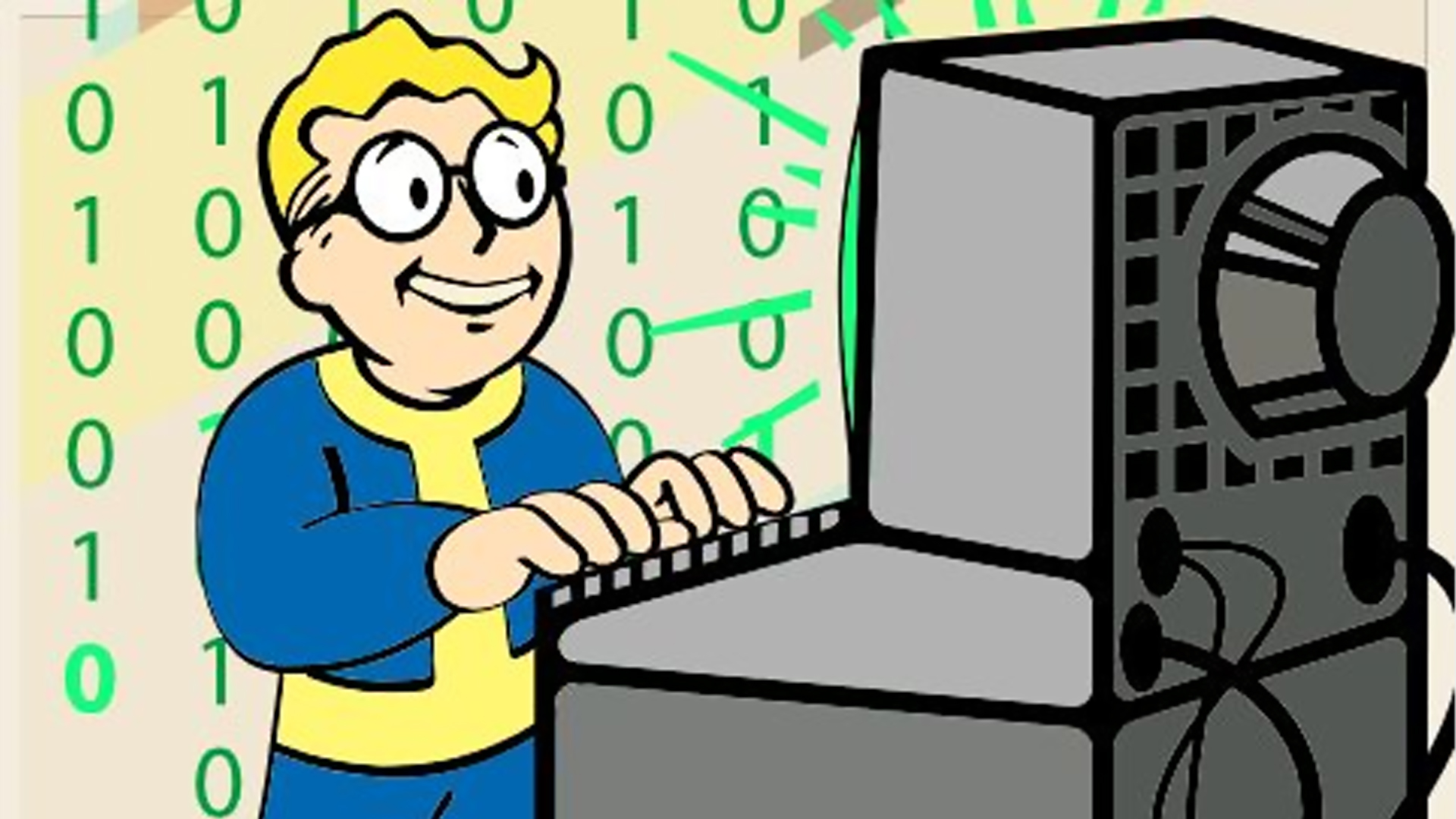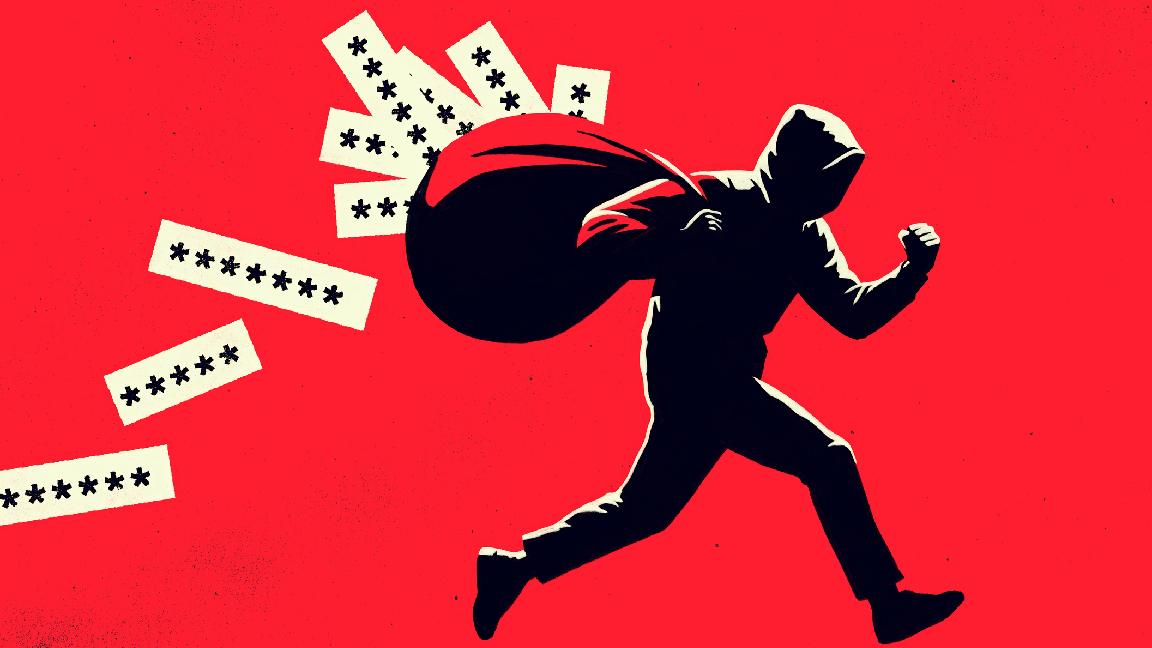Fooled by a false story about Steam account hacks? Have I Been Pwned 2.0 will now shower you with confetti when you have not, in fact, been pwned
With my 25 year-old Hotmail account the answer is yes, yes I have been pwned.

Keep up to date with the most important stories and the best deals, as picked by the PC Gamer team.
You are now subscribed
Your newsletter sign-up was successful
Want to add more newsletters?

Every Friday
GamesRadar+
Your weekly update on everything you could ever want to know about the games you already love, games we know you're going to love in the near future, and tales from the communities that surround them.

Every Thursday
GTA 6 O'clock
Our special GTA 6 newsletter, with breaking news, insider info, and rumor analysis from the award-winning GTA 6 O'clock experts.

Every Friday
Knowledge
From the creators of Edge: A weekly videogame industry newsletter with analysis from expert writers, guidance from professionals, and insight into what's on the horizon.

Every Thursday
The Setup
Hardware nerds unite, sign up to our free tech newsletter for a weekly digest of the hottest new tech, the latest gadgets on the test bench, and much more.

Every Wednesday
Switch 2 Spotlight
Sign up to our new Switch 2 newsletter, where we bring you the latest talking points on Nintendo's new console each week, bring you up to date on the news, and recommend what games to play.

Every Saturday
The Watchlist
Subscribe for a weekly digest of the movie and TV news that matters, direct to your inbox. From first-look trailers, interviews, reviews and explainers, we've got you covered.

Once a month
SFX
Get sneak previews, exclusive competitions and details of special events each month!
Last week saw a fairly typical mini-cycle of bad reporting: an anonymous internet account posted a claim that Steam had been hacked and over 89 million passwords were compromised. The data breach was widely reported, and outlets advised users to do the usual: password changes, enable 2FA, etcetera. Except… it turned out the breach never happened.
It could have, of course (it didn't). Large-scale hacks are just a part of contemporary living, and there's no shortage of high-profile examples in any given month. Here in the UK, two of our major high street retailers have recently been the victims of organised hacking, with the Co-Operative's stores having empty shelves for weeks afterwards.
Ever since its launch in 2015 the website Have I Been Pwned has offered the invaluable service of letting you check if any of your email addresses have turned up in a data breach, and today sees the official launch of Have I Been Pwned 2.0. There are some backend changes but, mainly, this overhaul just makes it all look very nice… and has a lot of confetti.
Confetti? "Well, not for everyone, only about half the people who use it will see a celebratory response," says site creator and admin Troy Hunt. Yes, you get confetti when you have not been pwned.
"There's a reason why this response is intentionally jovial," says Hunt. "HIBP is a bit playful. It's not a scary place emblazoned with hoodies, padlock icons, and fearmongering about 'the dark web.' Instead, we aim to be more consumable to the masses and provide factual, actionable information without the hyperbole. Confetti guns (yes, there are several, and they're animated) lighten the mood a bit. The alternative is that you get the red response."
The red response is what you get with your 20 year-old personal accounts that have been in 50 data breaches, but HIBP 2.0 does a much better job of how it now displays the information about how accounts have been compromised ("we considered a more light-hearted treatment on this page as well," adds Hunt, "but somehow a bit of sad trombone really didn't seem appropriate").

HIBP had a lot of this same information before, but now it's laid-out in a much more user-friendly timeline showing when data breaches occurred, and you can click through on each one for more information on a given breach, and tailored advice on what you should do about this particular instance.
Keep up to date with the most important stories and the best deals, as picked by the PC Gamer team.
There's way more new functionality, including a dashboard that integrates a lot of the site's existing features, and the debut of reasonably priced Have I Been Pwned merchandise. I would make a snarky comment here except I'm the type of guy who owns a Windows 95 T-shirt. The full notes on the changes in the site's 2.0 version can be read here.
Have I Been Pwned is just a very useful website, for peace of mind if nothing else, and now it's easier to use and nicer to look at, with all of the information laid-out much more clearly. I have it in my bookmarks for when bad things happen: like 300 million accounts being leaked on Telegram in February.
I will not end by telling you to two-factor your accounts and practice good infosec. We all get enough of that from the work IT department. But why not try creating a password through an unhinged browser game that, per PCG's Mollie Taylor, is "one of the most messed-up things I've ever played."
2025 games: This year's upcoming releases
Best PC games: Our all-time favorites
Free PC games: Freebie fest
Best FPS games: Finest gunplay
Best RPGs: Grand adventures
Best co-op games: Better together

Rich is a games journalist with 15 years' experience, beginning his career on Edge magazine before working for a wide range of outlets, including Ars Technica, Eurogamer, GamesRadar+, Gamespot, the Guardian, IGN, the New Statesman, Polygon, and Vice. He was the editor of Kotaku UK, the UK arm of Kotaku, for three years before joining PC Gamer. He is the author of a Brief History of Video Games, a full history of the medium, which the Midwest Book Review described as "[a] must-read for serious minded game historians and curious video game connoisseurs alike."
You must confirm your public display name before commenting
Please logout and then login again, you will then be prompted to enter your display name.


